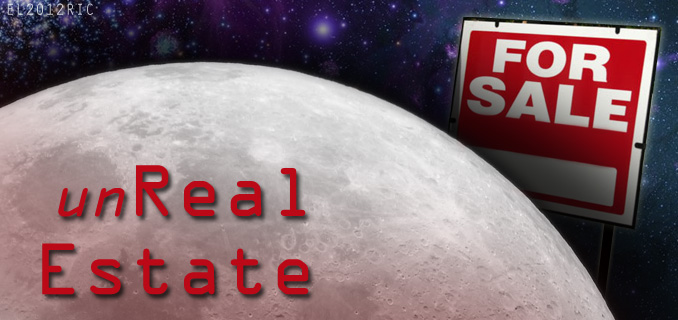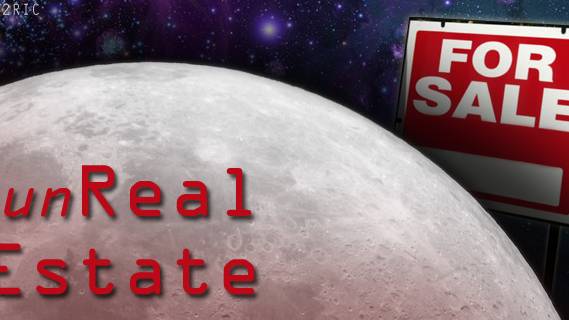Space Cases: The Weirdest Legal Claims in Outer Space
Source: wired.com

In January, a Quebec man named Sylvio Langvein walked into a courthouse in Canada and filed a suit declaring himself owner of the planets in our solar system, four of Jupiter’s moons, and the interplanetary space between.
By way of explanation, Langvein said he wanted to collect planets the same way that others collect hockey cards, and also prevent China from establishing outposts above his head.
The judge overseeing the case, Alain Michaud, dismissed it in March, calling Langvein a “quarrelsome litigant” whose paranoid actions were an abuse of the Canadian legal system. (This was Langvein’s 45th lawsuit — including four motions to the Supreme Court of Canada — since 2001).
The case is bizarre, but not unprecedented.
“Every now and then, someone thinks no one has claimed the moon before, and then rushes to claim it,” wrote Virgiliu Pop, a space law researcher at the Romanian Space Agency, in an email to Wired. “Humankind has a short collective memory, so the claimant is able to create some buzz before the story dies out — to be followed by a similar story, years later.”
As we enter an era when people are seriously advocating that the U.S. establish property rights on the moon and scholars debate the legality of mining asteroids, it’s interesting (and relevant) to look back at the people who have tried to assert ownership of the moon, Mars, other planets, and stars throughout history.
In 2006, Pop literally wrote the book on this matter, titled Unreal Estate: The Men Who Sold The Moon, which he describes as “a serious analysis of a trivial subject.” The compendium offers plenty of outrageous stories, and here we look at some of the book’s most spurious and strange space cases.
Inherit the Moon
Alexander the Great is said to have wept when told by his friend, the philosopher Anaxarchus, that there are countless worlds in the universe.
“Do you not think it a matter worthy of lamentation that when there is such a vast multitude of worlds, we have not yet conquered one?” Alexander said.
Great as Alexander’s ambitions were, he never attempted to draw up documents declaring himself owner of anything in the sky. But one of the earliest modern cases where such claims are made comes from King Frederick the Great, who ruled Prussia in the mid-1700s.
The king was said to have sought help from a great healer named Aul Jurgens and, in exchange for the miraculous cures he received, bequeathed the moon to Jurgen’s family until the end of time. This story comes from one of Jurgen’s descendants, Martin, who in 1996 tried to claim lunar ownership through his illustrious ancestor.
The next year, scholars at the Institute for Air and Space Law in the Netherlands denied Jurgen’s claim on the grounds that the donation by a Prussian sovereign who didn’t actually own the moon in the first place wasn’t valid.
Lindsay’s Archapellago
One night in 1936, A. Dean Lindsay looked up at the moon and thought to himself, “Nobody owns it!”
Seeking to rectify this situation, Lindsay marched into the Pittsburgh Notary Public office and presented a document declaring that he owned “[a]ll of the property known as planets, islands-of-space or other matter, henceforth to be known as ‘A.D. Lindsay’s archapellago.’”
Lindsay’s misspelled archipelago included every planet visible from any other planet or mass in space but omitted three bodies: the Earth, moon, and Saturn. The Earth, Lindsay reasoned, belonged to its inhabitants, but he drew up separate documents declaring himself owner of the moon and Saturn. (Why these two bodies in particular needed separate deeds, no one really knows.) He also registered the documents with the Irwin County Court House in Ocilla, Georgia.
Lindsay apparently planned to make a profit with his new properties (he had previously sold his two prior claims – the Pacific and Atlantic oceans) though little else came from the claims. Lindsay died in June of 1969, just a month shy of the Apollo 11 landing.
[...]
Read the full article at: wired.com
Does Asteroid Mining Violate Space Law?
Billionaires should be allowed to BUY up planets and rip up an out-of-date space treaty, claims expert






















